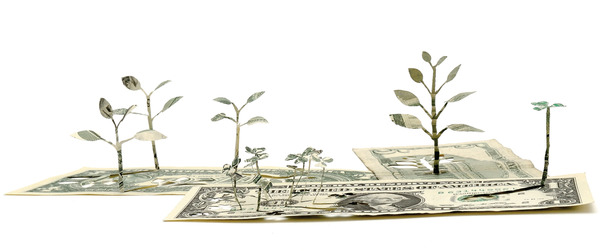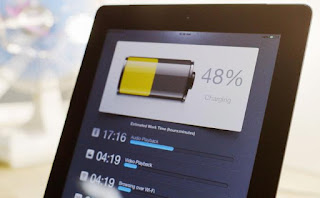In 1992, a young CEO named Kurt Herwald apparently gave away half a million dollars of his company’s money. His company, Stevens Aviation, had been advertising with the slogan “Plane Smart.” Unaware that Stevens had a copyright on the slogan, Southwest Airlines launched an advertising campaign with the tag line “Just Plane Smart.” At the time, notes Harvard professor Robert Bordone (link is external) , neither company was particularly large or well-known. A lawsuit would cost Southwest half a million dollars, and Southwest’s campaign wasn’t really hurting Stevens. Whereas Southwest was targeting consumers, Stevens specialized in business-to-business market in aviation sales and maintenance. Herwald ended up handing the slogan over to Southwest, asking for nothing in return. Was this a wise decision? Most people say no; a smart person wouldn’t give the slogan away. After all, smart people are shrewd, calculating, and logical—not helpful, caring, and compassionate. To







